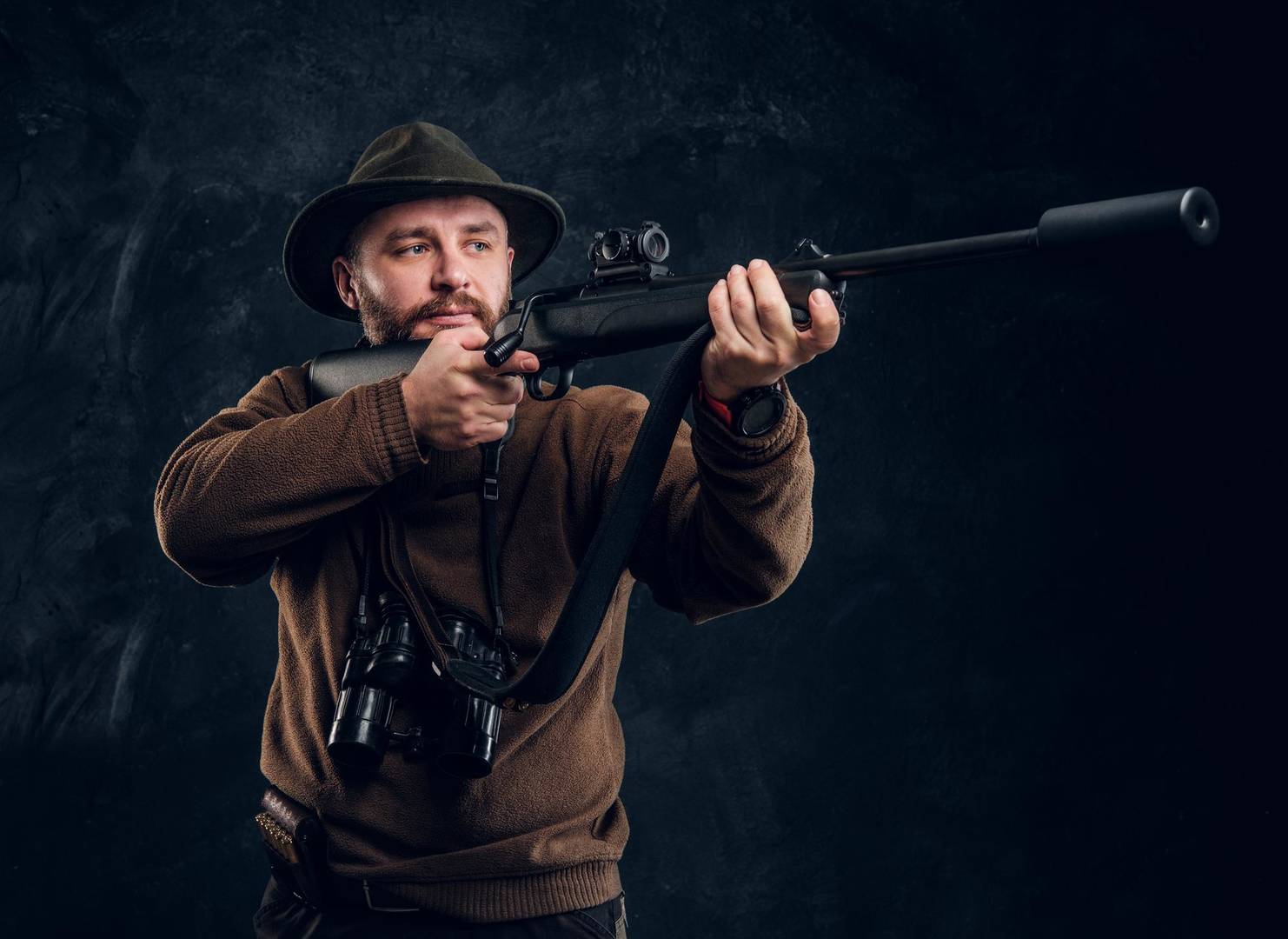When it comes to choosing a hunting rifle scope, there are a few things you need to take into consideration. First, you must decide what type of hunting you will do, as this will determine the kind of scope you need. Moreover, what you choose will be heavily influenced by your budget. Remember that you get what you pay for when it comes to optics, so don’t be afraid to invest in a quality scope. This article will cover these points and more and hopefully provide you with a clear picture of what you need.
Decide What Magnification You Require
Magnification is a crucial factor when choosing a hunting scope. The magnification power of the scope should be appropriate to the range at which you will be shooting. If you are shooting from a distance of 100 yards or less, then you don’t need to worry about magnification as much as someone shooting from 400 yards away. Furthermore, a high-quality, magnified scope can really elevate your long range game, enabling you to hunt prey that is usually impossible to snipe when in close range. Moreover, the magnification power also affects the size of your target and field of view. A higher magnification power will make your target appear smaller and give you less field of view, while a lower magnification power will make your target appear more prominent and give you more field of view. However, there are other magnification factors to consider.
Fixed Or Variable
A fixed-magnification rifle scope comes with one level of magnification. Fixed magnification scopes are popular because they are very versatile and can be used for many different types of hunting or shooting. They also tend to be less expensive than variable power scopes. Conversely, A variable magnification rifle scope is a type of rifle scope that can zoom in and out. Variable magnification rifle scopes are popular with hunters and competitive shooters because they offer the best in terms of accuracy and precision.
Adjustments
There are three types of adjustments to consider when selecting a scope perfect for your requirements:
- Elevation: This adjustment determines how high or low a target appears when looking through the scope.
- Windage: This adjustment determines how far left, or right a target appears when looking through the scope.
- Parallax: This adjustment determines how close or far away an object appears in relation to other objects at different distances from you.
Consider How You Use Your Rifle
Some people go after big game like elk, deer, or moose. Others target more minor animals like rabbits, squirrels, or varmints. All of these hunting styles require a different type of rifle scope. If you’re targeting big game, you need a rifle scope that can reach out to long distances and still provide high magnification for long-range shots. If you’re going after small prey like rabbits and squirrels, you need something more compact and lightweight to help with accuracy on short-range shots. Furthermore, your hunting style will influence the following:
- Durability: If you are a regular hunter, scope durability will probably be high on your list of requirements. While everyone needs robust equipment, it tends to be more critical for those who hunt more often.
- Weight: The weight of your setup might not be as important to you if you participate in static hunting. However, a lightweight option is vital if you cover a lot of ground.
Think About Your Budget
Choosing a rifle scope can be daunting as so many models are available on the market today. But it’s important to know what you want your rifle scope for before looking at different models to find one that suits your needs best. The most important factor when choosing a rifle scope is arguably your budget, in the sense that no matter how high-quality you want to go, if you can’t afford it, you can’t buy it! Therefore, you should choose the scope that will fit your budget and your needs. Fortunately, you have a few options if you really need to get the fanciest product on the market:
- Buy secondhand: The secondhand market for scopes is pretty robust, meaning that you can often find very high-quality options for reasonable prices. Nonetheless, you can also use another trick. Sometimes new hunters will purchase a new rifle and set it up with a fantastic scope. However, many novices also buy ridiculous rifles that are too powerful for their needs and use expensive ammunition. They then sell them back to a firearms dealer who resells the entire setup at a steep discount; scope and all!
- Take out finance: It might be possible to take out some form of financing to buy the scope of your dreams. Nevertheless, it’s not a good idea because you’ll spend more than you bought it outright.
- Save up: This is the best option as it enables you to get a new product without going into debt.
Do You Need An Illuminated Or Non-Illuminated Reticle?
Illuminated reticles are popular because they have a red or green dot illuminated by an LED. This enables the shooter to see the reticle in low-light conditions. Non-illuminated reticles, on the other hand, do not have any illumination. They are made of black lines and are not visible in low light conditions, but they are much more affordable than illuminated reticles. As per the running theme throughout this post, it all depends on how you hunt!
Scopes are essential for hunters who want to shoot game from a distance. However, finding the right scope for your needs can be challenging. Nevertheless, hopefully, this post has provided insight into what to look out for.










